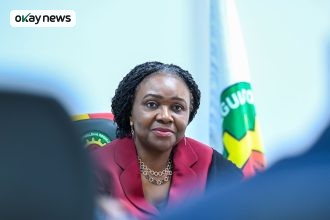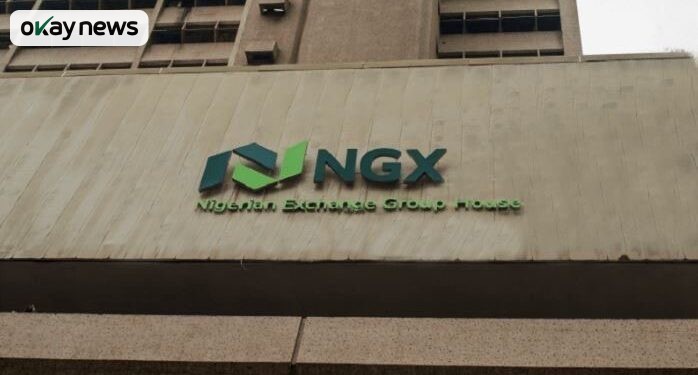The Federal Government of Nigeria has confirmed the rollout of the World Bank’s new blockchain-powered FundsChain system, introducing a stricter framework for managing donor-financed development projects.
The announcement followed a technical workshop in Abuja and was released through Bawa Mokwa, Director of Press at the Office of the Accountant-General of the Federation (OAGF).
The Accountant-General of the Federation, Dr. Shamseldeen Babatunde Ogunjimi, described the platform as a major shift in public-sector financial management. FundsChain, which uses blockchain to create a tamper-proof digital trail, is expected to increase transparency, reduce financial leakages and improve reporting accuracy for international development programmes. Six World Bank-funded projects will be included in the first phase of deployment.
The Abuja workshop brought together project coordinators, accountants and Financial Management Units to review reporting gaps and introduce new standards designed to reduce wastage across government-managed projects. Ogunjimi said transparency and accountability remain central to achieving development outcomes and maintaining Nigeria’s credibility with international partners.
He also confirmed the adoption of a new Financial Management Manual (FMM) created by the OAGF. The manual will now guide all transactions under World Bank-supported programmes, setting clear compliance rules for documentation, approvals and fund movement.
In a major policy reform, the OAGF and the World Bank agreed to prohibit the removal of project financial management personnel within six months of project closure. Outgoing and incoming officers will work in parallel for at least three months to prevent gaps in documentation and implementation. Ogunjimi said the reform has already driven improvements, with lapsed loans reduced from 18 million dollars to 7 million dollars and undocumented advances cut by 15 percent.
He noted that letters will continue to be issued to projects with outstanding financial issues and urged all implementation teams to meet World Bank standards, refund lapsed loans promptly and strengthen documentation practices in line with the Federal Government’s Renewed Hope Agenda.
World Bank Country Director for Nigeria, Mathew A. Verghis—represented by Senior Financial Management Specialist Akram ElShorbagy—praised the reforms and called for sustained institutional commitment to protect project quality and long-term results.
FundsChain has been tested in 13 projects across 10 countries and will be extended to about 250 World Bank-financed investment projects by the end of the Bank’s 2026 fiscal year. The World Bank remains Nigeria’s largest multilateral creditor, holding 19.39 billion dollars of the country’s external debt as of June 30, 2025.







